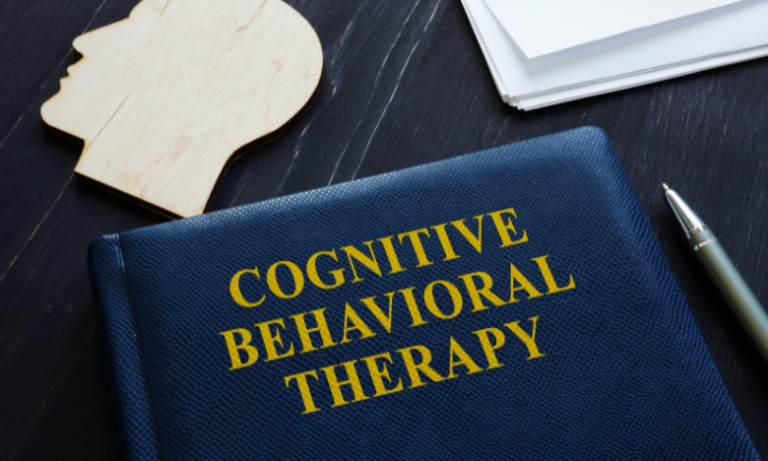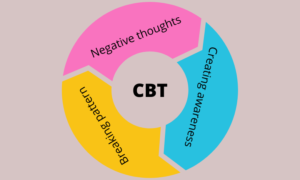
Cognitive behavioural therapy for ADHD and Learning Disabilities
Cognitive behavioural therapy for ADHD and learning disabilities is a type of psychotherapy that is based on the idea that thoughts, emotions, and behaviour are connected and, therefore, influence each other. It is a short-term, goal-oriented form of psychotherapy that strives to change the way people think and behave to help them handle or manage their problems. It is commonly used to treat anxiety and depression, and it is also a widely accepted and effective form of psychotherapy for children and adolescents with learning disabilities.
Cognitive behavioural therapy for ADHD and learning disabilities aims to help children understand that while they cannot control every facet of their life or the world around them, they can learn to interpret and deal with things in their environment differently. They can do so by taking a healthier view to approach difficult situations.

Cognitive behavioural therapy for ADHD and learning disabilities is quite transparent as compared to other forms of therapy, as it is a collaborative process. Generally, cognitive behavioural therapy includes:
- recognising the specific issues or struggles faced in daily life
- developing awareness regarding detrimental thought patterns and the way they affect the affected person’s life
- breaking the cycle of older unproductive thought patterns and remoulding negative thinking to change how the affected person feels
- learning new ways of acting and interpretation through practice